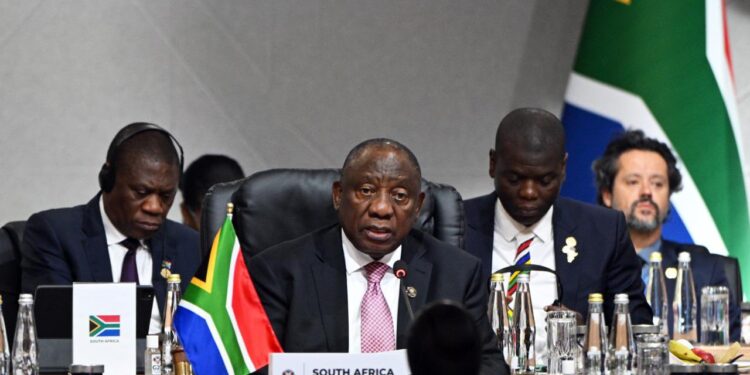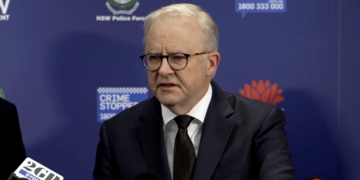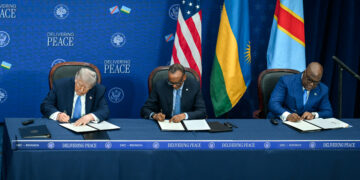President Cyril Ramaphosa formally closed the first-ever G20 Summit hosted in Africa on Sunday, emphasizing unity, multilateral cooperation, and Africa’s role in global development. The summit, held over two days at the Johannesburg Expo Centre, brought together world leaders to address pressing challenges, including inequality, climate change, and sustainable development.
Raising the ceremonial gavel, Ramaphosa declared, “I now say that this gavel of this G20 Summit formally closes this summit and now moves on to the next president of the G20, which is the United States.” He underscored that the summit demonstrated the forum’s capacity to facilitate joint action on issues of shared concern, noting, “More than that, it reaffirms our renewed commitment to multilateral cooperation and our recognition that our shared goals outweigh our differences.”
The summit concluded with the adoption of a Leaders’ Declaration emphasizing climate action, gender equality, and peace initiatives in conflict-affected regions including Sudan, Ukraine, and the Occupied Palestinian Territory. Argentina’s president and several other leaders, including representatives from Russia and China, were absent, highlighting ongoing geopolitical challenges.
The event was marked by the absence of the United States at key moments, amid tensions over the transfer of the G20 presidency. South Africa rejected a U.S. proposal to delegate the handover to a Chargé d’Affaires, with officials explaining that protocol prevented Ramaphosa from ceding the presidency to the U.S. acting ambassador.
Despite these diplomatic complexities, South Africa’s G20 year secured consensus on a series of initiatives addressing poverty, debt relief, climate finance, critical minerals, and accelerated progress toward the Sustainable Development Goals. Ramaphosa framed the summit as a historic moment for Africa, stating, “The greatest opportunity for prosperity in the 21st century lies in Africa,” and highlighting the continent’s potential in innovation, climate resilience, and sustainable development.










